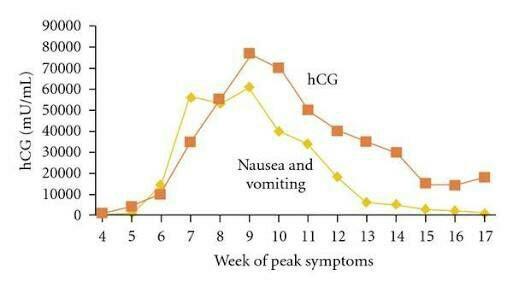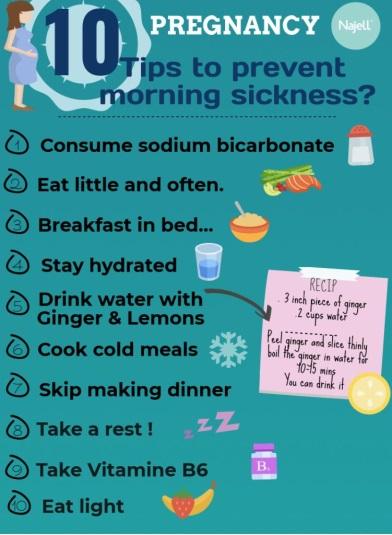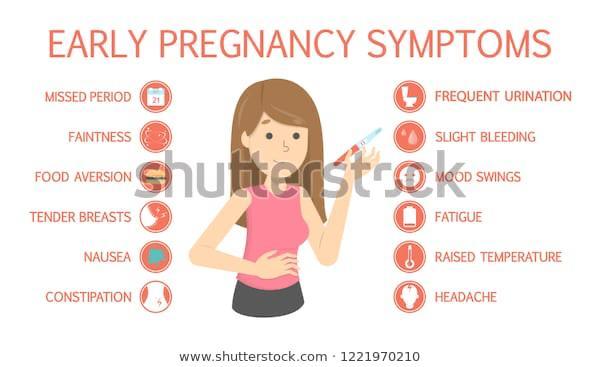
Early signs of pregnancy

Top 10 early signs of pregnancy

Pregnancy sickness

Tips to prevent morning sickness

Early Pregnancy Symptoms

Natural Remedies for Morning Sickness
Most women with nausea and vomiting of pregnancy will be able to manage their symptoms themselves.
You should try ,
Some women find eating or drinking ginger products helps.
If your symptoms do not settle or if they prevent you from doing your day-to-day activities, see your doctor, who will prescribe anti-sickness medication. This is safe to take in pregnancy.